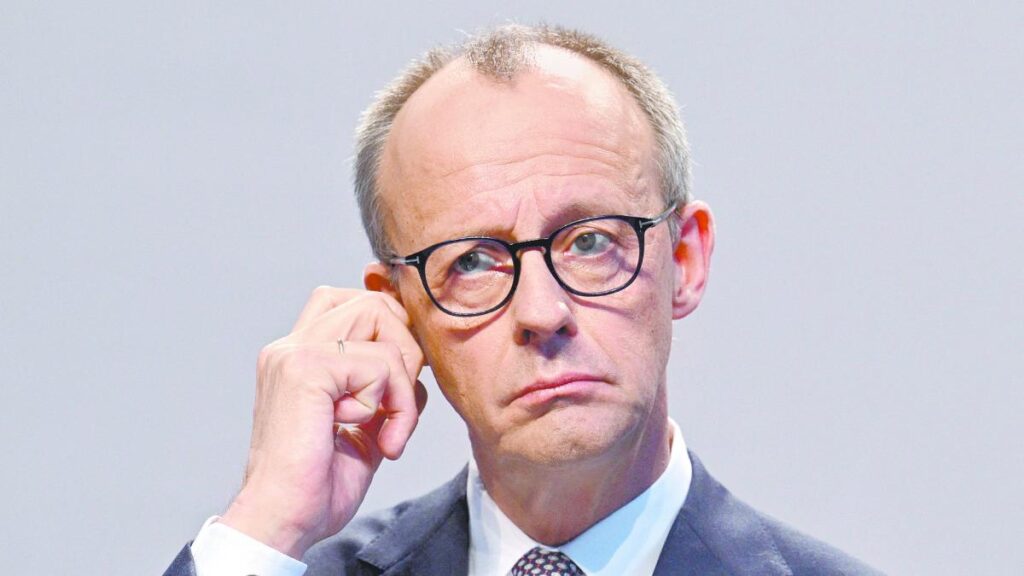Rise of Far-Right Politics Amidst Economic and Geopolitical Challenges
Barcelona. Germany faces an unprecedented crisis since the end of World War II, shaken by economic recession, the conflict in Ukraine, and the challenges posed by immigration. The victory of the Christian Democrats and the notable second place obtained by far-right parties reflect a nation grappling with a difficult crossroads.
“The rise of far-right politics must be correlated with the increase in defense spending, as this is a very dangerous sign of the resurgence of revanchist ideas following Germany’s defeat in World War II,” comments Peter Frank, a researcher at the International Studies Department of the University of Berlin.
Political Implications
Although the election victory of Friedrich Merz has passed, economic issues persist, and the decision to incur debt for rearmament exacerbates the political crisis.
“The wealth line of Germans is falling, and the increase in military spending is rising, creating an explosive and dangerous combination. The change of government in Berlin does not help improve the critical situation the country is facing,” Frank points out.
Germany’s Transformation
Elizabeth Karen from the CIDOB believes that Germany’s support for Ukraine could lead the country down an unknown path, especially since the neo-Nazi discourse of the Alternative for Germany party is taking root in the political arena.
Economic Concerns
Despite the shock caused by recent foreign-perpetrated attacks in Solingen, Magdeburg, Aschaffenburg, and Munich, the primary concern for Germans remains the economy.
“Here, structural factors converge, such as insufficient infrastructure investment, excessive bureaucratic hurdles, the costs of the green transition, particularly for small and medium-sized enterprises—the backbone of the German economy—and the recessive effects of the Schuldbremse, a constitutional provision that prevents the state from incurring debt,” explains Andrés Regganni, a research professor at the Department of Historical and Social Studies, Torcuato Di Tella University.
Donald Trump’s reelection has created confusion in German and European policy, as his anti-multilateralist stance during his first term undermined the foundations of the historic bond between Washington and Berlin, a cornerstone of post-war Germany’s self-perception as a Western nation committed to the “Atlantist” spirit and alliance with the United States.
Germany’s Risky Rearmament
Germany faces significant short-term challenges, and its rearmament gamble is risky.
Key Questions and Answers
- What is the main issue Germany is facing? Germany is grappling with an unprecedented crisis since World War II, marked by economic recession, the conflict in Ukraine, and immigration challenges. The rise of far-right politics reflects this difficult crossroads.
- How does the increase in defense spending relate to far-right politics? According to Peter Frank, a researcher at the University of Berlin, the rise in defense spending is a dangerous sign of revanchist ideas resurfacing following Germany’s defeat in World War II.
- What are the economic concerns in Germany? Structural factors, such as insufficient infrastructure investment, bureaucratic hurdles, green transition costs, and the recessive effects of constitutional debt limitations, contribute to Germany’s economic worries.
- How has Donald Trump’s reelection affected German policy? Trump’s anti-multilateralist stance during his first term has created confusion in German and European policy, undermining the historic bond between Washington and Berlin.
- What are the risks associated with Germany’s rearmament? Germany faces significant short-term challenges, and its rearmament gamble is considered risky.






